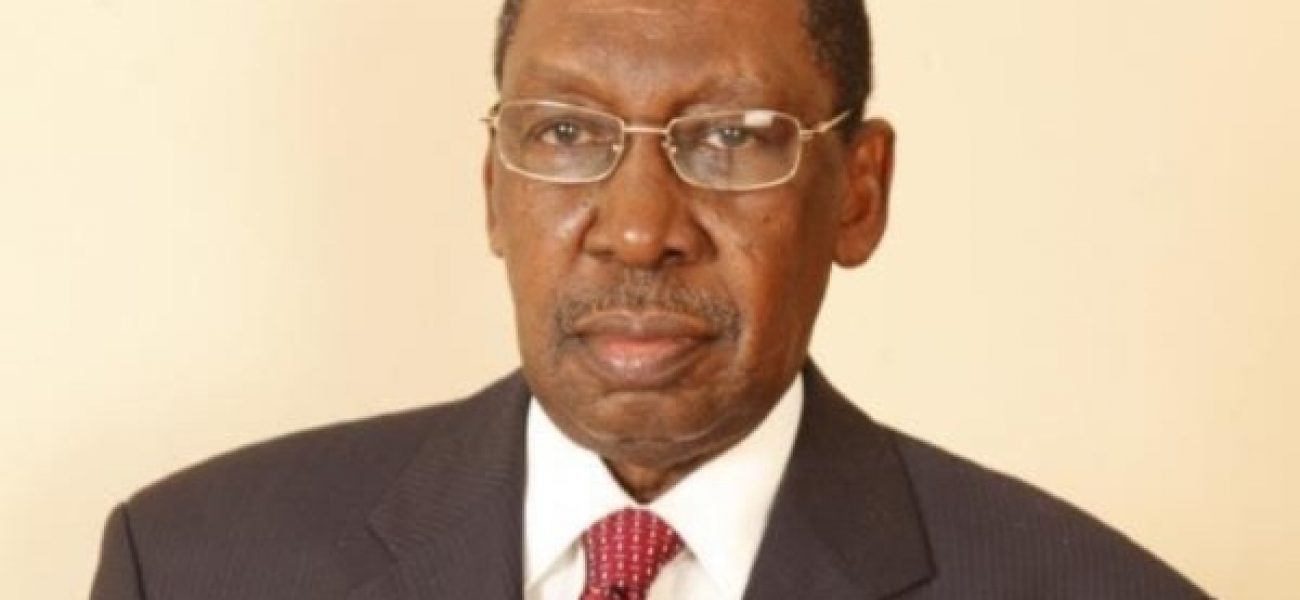The passing of Justice Mohammed Lawal Uwais, former Chief Justice of Nigeria and Chair of the 2008 Presidential Electoral Reform Committee, has stirred renewed conversations about the urgent need for electoral reform in Nigeria. His death marks the loss of a towering figure whose commitment to justice and democratic integrity left an indelible mark on the nation’s legal and political fabric.
Justice Uwais is perhaps best remembered, beyond his tenure on the bench, for steering the Electoral Reform Committee (ERC) established in the aftermath of the deeply flawed 2007 elections. The Committee’s report, submitted in December 2008, offered a sweeping and ambitious blueprint to correct the structural and legal deficiencies that had undermined electoral integrity in Nigeria. It called for a wide range of reforms, from institutional restructuring to procedural improvements, intended to strengthen the independence, credibility, and inclusiveness of elections.
Among the most far-reaching proposals was the recommendation that the appointment of the Chairperson and board of the Independent National Electoral Commission (INEC) be handled by the National Judicial Council (NJC), rather than by the executive. The report also suggested fixed, renewable five-year terms for INEC commissioners, and that their removal should require Senate approval based on NJC recommendations. These provisions were designed to insulate the commission from political manipulation and ensure greater accountability.
Further, the report advocated for direct constitutional backing for INEC’s funding, mandating that its operational and personnel costs, such as salaries and allowances, be charged directly to the Consolidated Revenue Fund. This would shield the Commission’s finances from executive control, enhancing its independence.
The Uwais report also called for structural changes to Nigeria’s electoral framework: the creation of an independent body to register and regulate political parties, the establishment of a separate Electoral Offenses Commission, and the introduction of independent candidacy. Another key recommendation was that no elected official should be sworn into office until all legal disputes regarding their election have been conclusively resolved.
Many of the core recommendations of the ERC report remain unimplemented. The proposal to unbundle INEC, for instance, and the call for a dedicated Electoral Offenses Commission, have lingered in legislative limbo for over a decade. Most significantly, the executive branch continues to dominate the appointment process of the INEC leadership, keeping intact one of the most persistent vulnerabilities in Nigeria’s electoral structure.
The 2023 general elections laid bare the consequences of these unaddressed issues. Widespread reports of electoral violence, vote-buying, voter suppression, and logistical failures underscored the fragility of the current system. Many observers and citizens alike expressed disappointment in INEC’s performance, particularly around its pre-election assurances and post-election handling of disputes. The perception of a compromised process only deepened public skepticism and raised uncomfortable questions about the credibility of Nigeria’s democratic institutions.
These developments have reignited public discourse around the Uwais report, not merely as a historical document but as a living roadmap for reform. The report, if anything, anticipated many of the systemic weaknesses that continue to plague Nigerian elections. It offered a comprehensive framework not only to sanitize electoral practices but to instill a deeper sense of discipline and responsibility in election management. The longer its core ideas remain ignored, the more entrenched the culture of electoral impunity becomes.
Now, both chambers of the National Assembly are considering a range of electoral reforms. In the Senate, a bill has been introduced proposing the conduct of all elections: presidential, gubernatorial, legislative, and local government, on the same day. The bill also aims to shorten campaign periods to reduce financial pressures on political actors and parties.
Meanwhile, the House of Representatives is debating a similar bill, which includes provisions for the simultaneous conduct of elections and shorter campaign timelines. Crucially, the House bill also proposes the establishment of a National Local Government Electoral Commission to oversee local polls, a responsibility currently managed by state electoral commissions that have often been criticized for bias and lack of transparency.
Both legislative proposals contain elements that could modernize Nigeria’s elections, particularly in their emphasis on technology. Amendments mandating the use of electronic voting and digital transmission of results are under discussion, with the aim of reducing fraud and increasing efficiency. However, the fate of these proposed reforms and their ability to address the deep-rooted flaws in the system will depend heavily on the quality of debate, political will, and commitment to genuine change.
As Nigeria stands at another electoral crossroads, the legacy of Justice Uwais looms large. His work through the 2008 Electoral Reform Committee remains one of the most thorough attempts to reimagine the country’s democratic infrastructure. It is not enough to celebrate his contributions in eulogies; the real tribute lies in returning to that report, not to archive it, but to implement its most critical recommendations.

